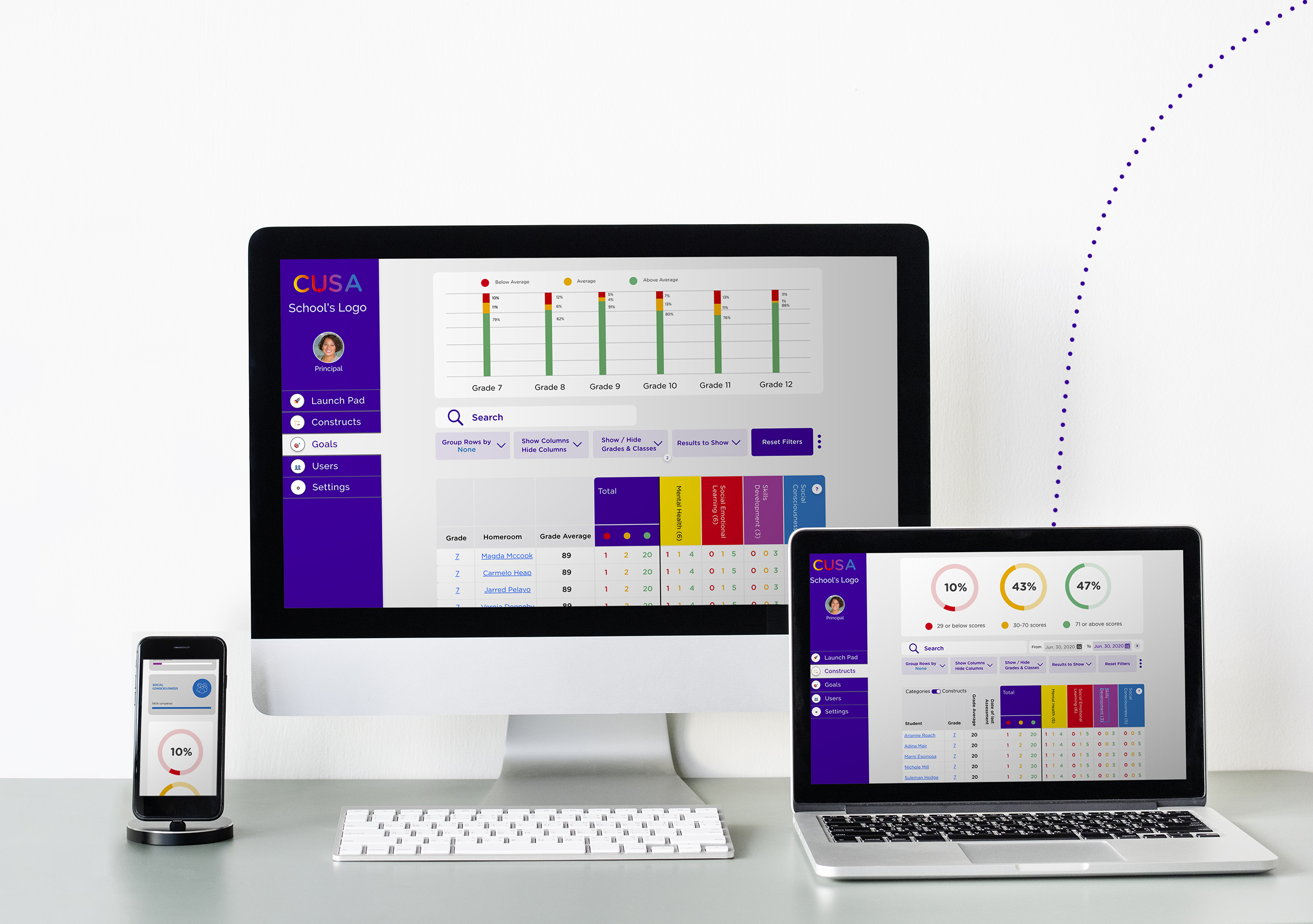






A number of factors are constantly working against procedures and guidelines set by schools. As Administrators learn to develop certain coping skills, so do their student body.
It is shown that focus on resilience and coping skills
Fenwick-Smith, A., Dahlberg, E. E., & Thompson, S. C. (2018). Systematic review of resilience-enhancing, universal, primary school-based mental health promotion programs. Bmc Psychology, 6(1), 1-17.
have positive impacts on students’ ability to manage daily stressors.
Goal setting helps build the grit that shifts mindset, alleviating stress.

Several techniques can help reduce bullying, including fogging, negative enquiry, and assertiveness. Safer, more inclusive learning environments help students cope with stressors such as bullying.
SMART goal setting can be used to help students cope with these stressors,Paolini, A. (2015). School shootings and student mental health: Role of the school counselor in mitigating violence. Vistas Online, 90, 1-15.
and help them feel more empowered.

Parents work tirelessly to help create the best future for their children. High expectations and varying working conditions can have emotions run high.
How can a parent continue to focus on their careers, manage the household – while ensuring their child grows?
Access evidence-based tools built for teens, loved by parents.

Teachers have expectations to tailor learning for each individual, look out for student well-being, and go above and beyond in all areas of learning.
Teacher-facilitated interventions have used evidence-based coaching and goal setting Dulagil, A., Green, S., & Ahern, M. (2016). Evidence-based coaching to enhance senior students’ wellbeing and academic striving. International Journal of Wellbeing, 6(3). to positively impact student mental health.




